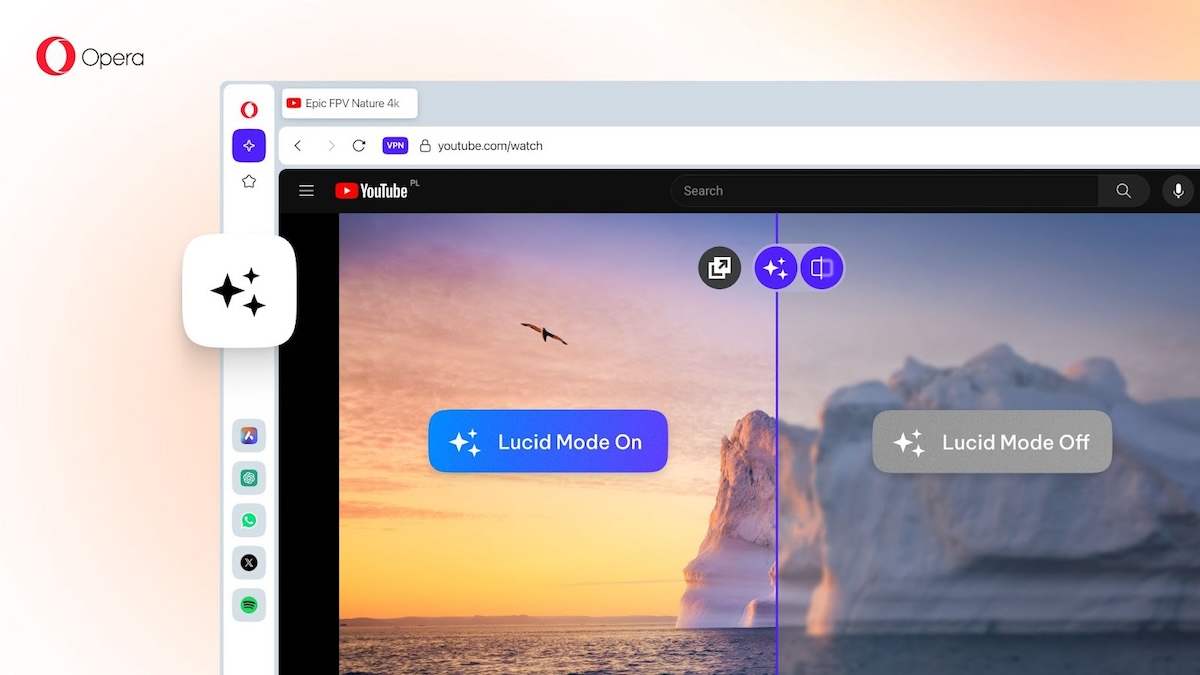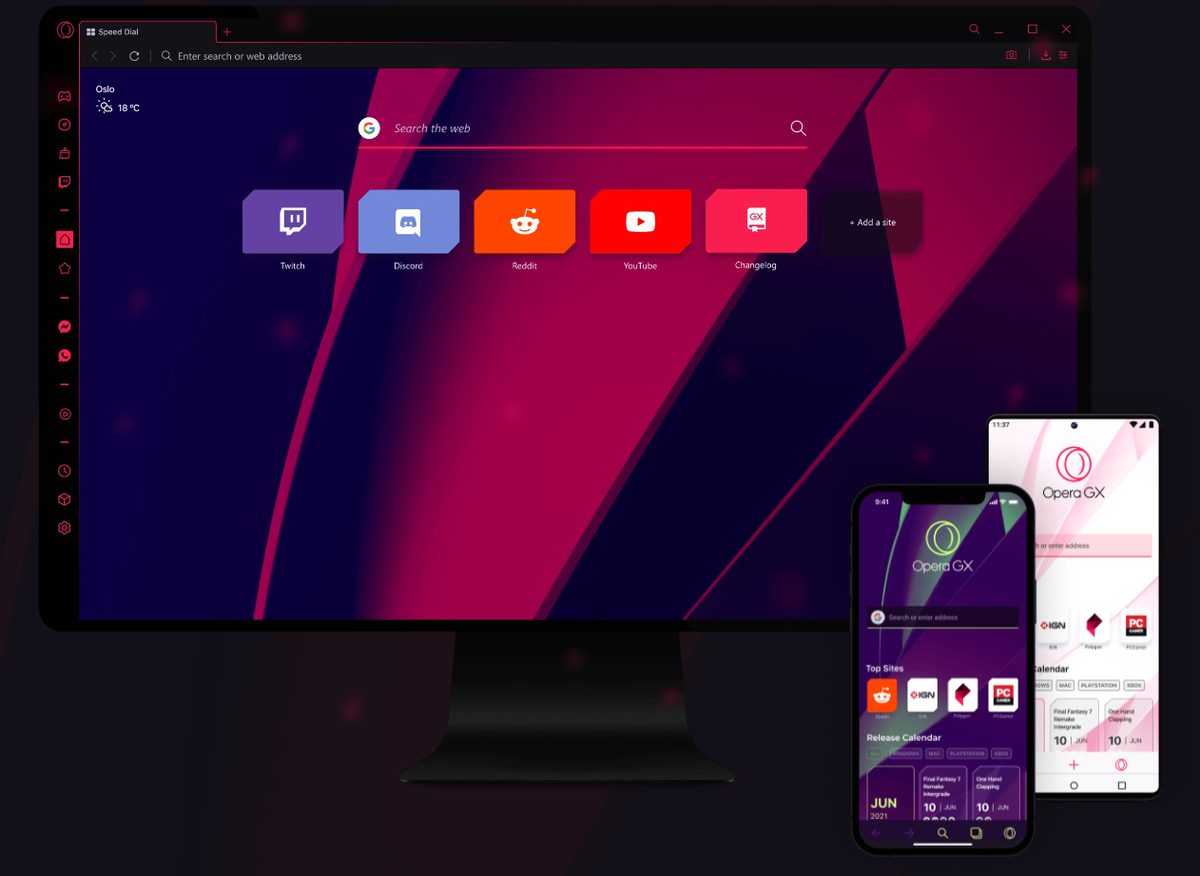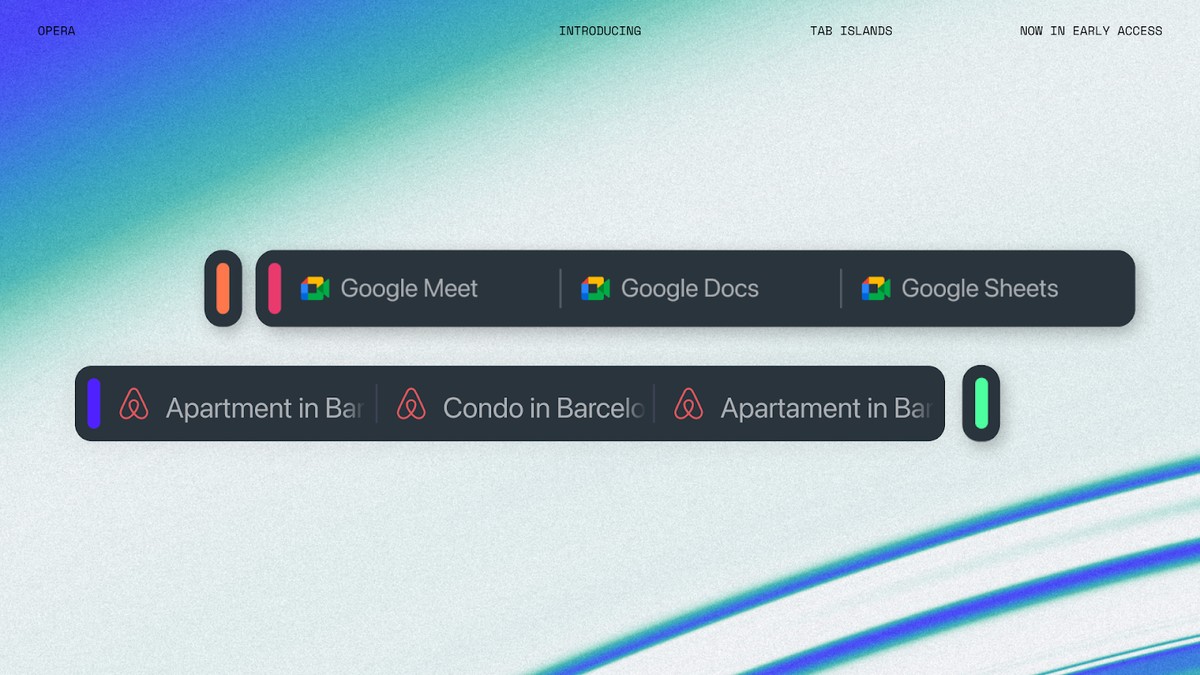What can we expect from Opera's move to Webkit?
Opera in February 2013 announced that it would use another browser core for the majority of its web browser products. In particular, the company decided to use Webkit, which is also the core of Google Chrome, Chromium, Safari and a couple of other browsers. This reduced the number of engines used by the five most popular web browsers to three, which is still enough in my opinion to have the companies work hard on their engines.
I'm still uncertain what we can expect when it comes to the desktop version of Opera. Will Opera release a new browser that resembles the original browser only weakly, or will it feel like Opera but with another rendering engine? I'd hate to see Opera become a clone of Chromium or Google Chrome, but there are indicators that this is not going to happen.
There are other browsers that use Webkit as one of their rendering engines without using the same minimalistic design that Chrome or Chromium use. Maxthon is an example of such a browser. So, it is certainly possible that Opera removes the old rendering engine, adds Webkit to be done with it.
It is on the other hand likely that there will be other changes in that version. Opera may use the clear cut to remove features from the browser that wanted to remove anyway. I'm talking about the excellent Opera Unite as well as Opera Widgets which are no longer on the priority list of the company. It is understandable in regards to widgets, considering that Opera is now supporting extensions which offer far more flexibility than widgets ever could.
There are other features, linked to the Presto engine that will be removed from the next version of Opera. This may include Opera Dragonfly, Carakan, Fit to width/seamless zoom, and single column/small screen mode. Basically, anything that relies on the Presto engine won't be ported over. It is still possible that Opera will create this features if possible using the new engine.
If you are asking me, the best thing that Opera can do is release the browser as is but with the Webkit rendering engine in place. Removing core features, the small tiny things that set Opera apart, or the customization options in regards to the UI would certainly be a huge mistake. Making Opera like Chrome is a mistake as there is no need to use Opera if it resembles Google's browser.
Opera with the Webkit rendering engine on the other hand has a chance to attract a larger audience thanks to the stability and speed improvements it brings along with it.
Advertisement

















“Opera with the Webkit rendering engine on the other hand has a chance to attract a larger audience thanks to the stability and speed improvements it brings along with it.”
Ahem. Presto is and was faster than Webkit/Blink. Webkit would wait for the CSS to load before displaying anything at all, whereas Presto loads and displays text immediacy, dynamically modifying the page after the CSS has loaded. This made quite a big difference in how quickly you could get access to the content on many pages.
Do you know anything about the Flash or plugin situation? What plugin architecture will a Opera webkit use? The Pepper or NPAPI? The main thing I want Opera to have a sandboxed Flash whether it be Adobe’s implementation in Firefox, or something similar to Chrome’s.
I highly doubt it that Opera will get access to Google’s native Flash integration into the browser. Remember, it is not Chrome that the Opera developers use but Webkit.
Aw man, fit to width? That’s like, one of my favorite Opera features!
I am really not looking forward to this change.
The problem is that there are clear indications that the primary force in the change is monetary – don’t get me wrong, I know that is the driver of most things, but in this case it is so overarching as to be ridiculous.
The many great people, who had Opera at the top of the speed tests around version 10.5 were either allowed to leave or fired [we aren’t certain which, possibly a combination of the two] and newer, less experienced programmers were brought to the fore, making the course of the browser less stable and steady. This is most certainly why the releases of Opera since about version 11.64 have been so variable, with subsequent versions looking so promising, and then having regressive behaviors.
Many people are wondering why Opera would do this, and those who look at the following of Web Standards mourn this change, as it means that many things in Chromium, which are not following established standards, will become de facto standards, simply because the number of users of Chromium derivatives.
As to features and user interface, you are correct in that if the well-known, and loved, Opera UI is not part of the new browser, many are willing to stay with the current version, or a favorite older version of the browser.
The differences between having a great browser which is the most compliant to web standards, used by 3% of the world, and having a mediocre browser, which renders pages just like Chrome, but disallows the UI customizations which make it the best, has made many wonder.
The ease of slapping a bit of the current UI on top of Chrome saves many development dollars for Opera, but if the usage drops, what then? I am certain they are betting on tablet and cell phone market to prop up the overall share of market, but the people using Opera today don’t seem to realize that the changes of WebKit negate the niceties which Opera Mini allowed in the past.
Opera has been my default browser for a couple of years now. I’ve been very happy with it. I love the customization, Speed Dial, and the fact that I can take notes. Losing Fit-To-Width would not make me very happy. I’ll have to wait and see if Opera is about to drive me back to FF.
There have been long and lively Webkit discussions (and arguments) among the true Opera Faithful over the past few months on the Opera forums. Here’s a couple threads that go into a lot of detail :
http://my.opera.com/community/forums/topic.dml?id=1607382
http://my.opera.com/community/forums/topic.dml?id=1624422
Thanks, will take a look.
@Martin: Any idea when the first release of Opera is scheduled based on the new Webkit engine ?
I am interested to see what this mean for the number of bugs, but also if the browser has problems on several (e.g. Google) websites.
Peter, no they have not made any announcement regarding that. They just released an RC of Opera 2.15, so it may be a while before the first Webkit build appears.
They will remove the fid to width option?
NOOOOO
They’re hiring for Dragonfly developer so that one is taken care of at least.
I just wish nothing is removed from what is it today, including but not limited to completely seamless back and forward, trash bin, rss reader, and non ui-blocking JS (something really really annoying with chrome based clones).
It will be interesting to see how the change from presto to webkit pans out…I hope it just does not turn as ugly as symbian belle to windows phone OS for them though.
Been an opera user since 3.5 but from version 11, chrome has been my main browser and opera as secondary browser.